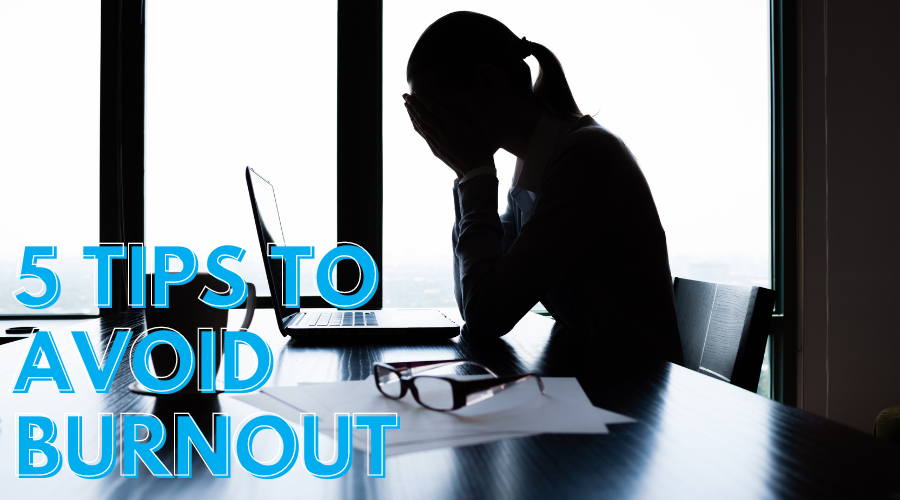We survived a global pandemic that put us all indoors. Now, we’re getting back outside, returning to work, and even resuming our travel plans.
As we return to pre-pandemic normalcy, it’s important to address the issue that we are not the same, though our working conditions may be. While we were at home, we battled new bouts of anxiety, depression, and loneliness. Many of us experienced a new form of stress that came from social isolation. Pre-pandemic normalcy seems like it would be an easy cure for some of these new disorders and issues. However, the great resignation movement is proof that pre-pandemic normalcy isn’t going to work for everyone.
One of the reasons is that after spending so much time at home, often in isolation, returning to work at the same pace is increasing our levels of stress, which our bodies may no longer be used to, and for some, is leading to burnout.
Burnout refers to a state of emotional, mental, and physical exhaustion that results from ongoing stress. It can have a negative impact on our health, relationships, and work performance. Therefore, it is important to combat burnout by any means necessary.
Here are a few tips on how to avoid burnout:
1. Practice self-care:
Self-care is essential for maintaining good mental and physical health. Take time out to do things that make you feel good, such as meditation, walking outside, or creative low-stress hobbies. As always, be sure to get plenty of sleep, eat a healthy and balanced diet, and stay well-hydrated.
2. Set boundaries:
One of the main reasons for burnout is overworking. To avoid burnout, it is important to set boundaries and prioritize your workload. Learn to say no to tasks that are not essential or can wait. This will help you manage your time effectively and reduce stress.
3. Take breaks:
Taking regular breaks throughout the day can help you recharge and avoid burnout. Take a short walk, do some stretching, or simply close your eyes and breathe deeply. You can also switch from a stressful task to an easier or more enjoyable one. These small breaks can help you refocus while you manage your stress levels.
4. Prioritize self-reflection:
Take time each day (or each week) to reflect on your life and priorities. Identify what is important to you and make sure your actions align with your values. This can help you feel more fulfilled and prevent burnout. I like to refer to my visual mood board that I created in Canva. I shared some tips on how to create a virtual vision board here.
5. Connect with others:
Support from friends and loved ones can help reduce stress and add to your enjoyment in life. Now that we are back outside, take time to reconnect with friends, family, or colleagues. Make new memories, try new adventures, and share your thoughts with one another.
As you put measures in place to avoid burnout, it will also be important to manage your overall stress level. While stress is a part of life, it is important to learn how to manage your stress. Strive to find the sources of stress in your life and develop coping strategies to deal with them. Some techniques for managing stress include deep breathing, visualization, gratitude practices, and talking to a therapist.
With the right balance of stress management, self-care, and activities you enjoy, you can more easily avoid burnout and live an overall healthier life.
This week, do something you enjoy, be kind to yourself, and don’t be afraid to seek help if you need it.
- Plan Better – This is the Pro-Tip Every Entrepreneur Needs - February 6, 2025
- Three Tactics for Driving Traffic to Small Business or e-Commerce Websites - December 12, 2024
- Spark Creativity: Make Your Life the Content - October 3, 2024


0 Comments